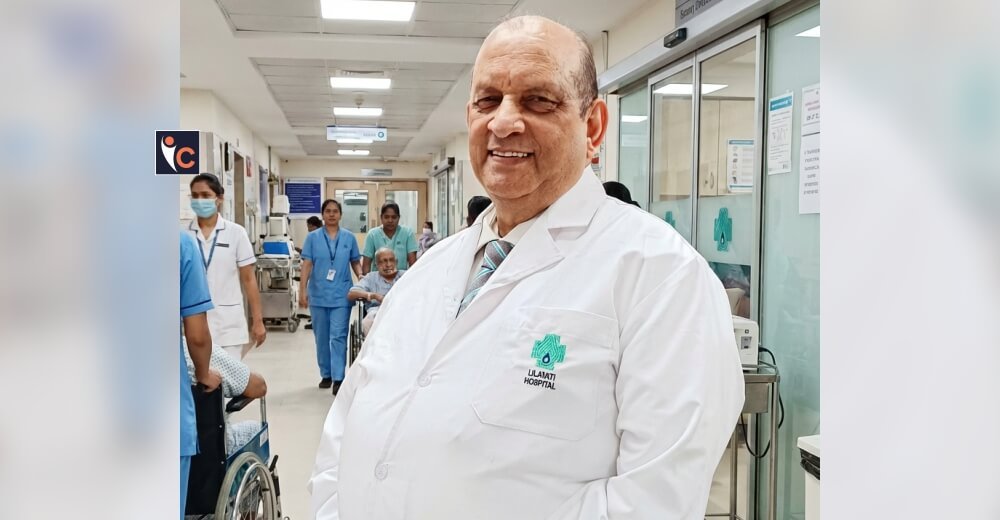Innovations to Watch
Never before have things in reproductive medicine moved so fast, thanks to new inventions and a better understanding of how the human body works. New advances in fertility treatment are helping millions fulfill their dreams and bringing new options to people and couples who struggle with infertility. Thanks to gene testing, AI and new regenerative procedures, the future of advanced fertility treatments may help people plan their families more accurately, easily and with greater success.
This article looks at the best new trends in fertility treatments and how they might shape the future of reproductive health.
The Current State of Advanced Fertility Treatments
Around the world, about 15% of couples experience infertility and well-known treatments such as IVF, IUI and egg freezing are important in modern reproductive medicine. Since IVF was introduced in 1978, its results have improved, thanks to better ways of choosing embryos and freezing them. Nevertheless, the high cost, mixed results and moral issues motivate the need for new approaches. Advanced fertility treatments are focusing on solving these issues by using up-to-date technologies that help more people.
Artificial Intelligence in Embryo Selection
Among the most thrilling innovations in advanced fertility treatments is the use of artificial intelligence (AI). AI algorithms are scanning thousands of embryo pictures and selecting those most likely to be successfully implanted. With the ability to evaluate markers such as cell division patterns and morphology, AI can make predictions about viability more accurately than human methods. As AI keeps improving, it will help make sophisticated fertility treatments more efficient and tailored.
Genetic Screening and Editing
The concept of preimplantation genetic testing (PGT) is already groundbreaking in fertility treatment because it allows doctors to examine embryos for genetic diseases before they are implanted. Even greater things may be on the horizon due to gene-editing technologies like CRISPR-Cas9. Even though CRISPR is still developing, it could one day help correct genetic problems in embryos to stop diseases like cystic fibrosis or Huntington’s from being passed on. Although ethical debates about “designer babies” make progress difficult, removing serious conditions could have a big impact on reproductive medicine. Furthermore, non-invasive PGT techniques, which test embryo culture media instead of biopsying cells, are becoming safer and more effective options, advancing the science even further.
Regenerative Medicine and Artificial Gametes
This field of medicine may transform advanced fertility treatments by finding and treating the main causes of infertility. Research on stem cells is making it possible to produce sperm and eggs from a patient’s own cells. Such technology is useful for people with a low sperm count, premature ovarian failure or whose fertility has been removed by chemotherapy. In Japan, scientists are already creating embryos from induced pluripotent stem cells in mice and using them in humans is being studied. Even if some concerns need to be addressed, artificial gametes could help more people such as same-sex couples and transgender people, to become parents.
Uterine Transplantation and Artificial Wombs
Today, women with uterine factor infertility have a new option called uterine transplantation. Since 2014, the first successful transplant, more than 100 procedures have taken place around the world and a few have resulted in babies being born. Newer medicines and improved surgeries have made this a safer and more possible option. In the future, artificial wombs may be introduced to help with premature births and to give a place for pregnancy for women who are unable to carry one. Because they are still being developed, artificial wombs one day may be part of advanced fertility treatments for those dealing with severe reproductive problems.
Accessibility and Ethical Considerations
As fertility treatments become increasingly advanced, how to provide equal access becomes a growing concern. Technologies such as AI and genetic screening are likely to lower costs through increased efficiency, but the cost of procedures such as IVF and uterus transplantation remains prohibitively high for many. A number of new approaches such as lower-priced IVF and online fertility consultations, are available to bridge this gap. In addition, the questions about gene editing and artificial gametes make it clear why we need tough regulations. Making sure that next-generation fertility treatments are ethical will help guarantee their benefits are enjoyed by all, without compromising our values.
Personalized Medicine and Big Data
Next-generation fertility treatments also tie into personalized medicine fueled by big data and predictive analytics. By analyzing genetic, hormonal, and lifestyle data, fertility specialists can tailor treatments to individual patients, optimizing outcomes. Wearable devices and at-home fertility testing kits are empowering patients to monitor their reproductive health in real time, providing valuable data to guide treatment decisions.
The Road Ahead
The following decade will probably witness the convergence of these innovations, leading to a new age of reproductive medicine. Embryo selection using artificial intelligence, gene editing, artificial gametes, and uterine transplantation are only the starting point. New areas of research such as epigenetics, which examines how environmental elements affect gene expression, may further optimize fertility treatments. Global cooperation and data-sharing programs will also drive research forward, making sophisticated fertility treatments more effective and within reach.
The prognosis for sophisticated fertility therapies is good, with developments that will make having children more accessible to a wider population. From computer-aided selection of embryos to regenerative medicine and transplantation of the uterus, such developments are dismantling hurdles and rewriting what can be done. With technology evolving further, attention needs to be placed on not losing sight of the balance between innovation and accessibility as well as ethics. In so doing, the practice of advanced fertility treatments will not just change lives but also help build a more inclusive and optimistic future for family planning.





